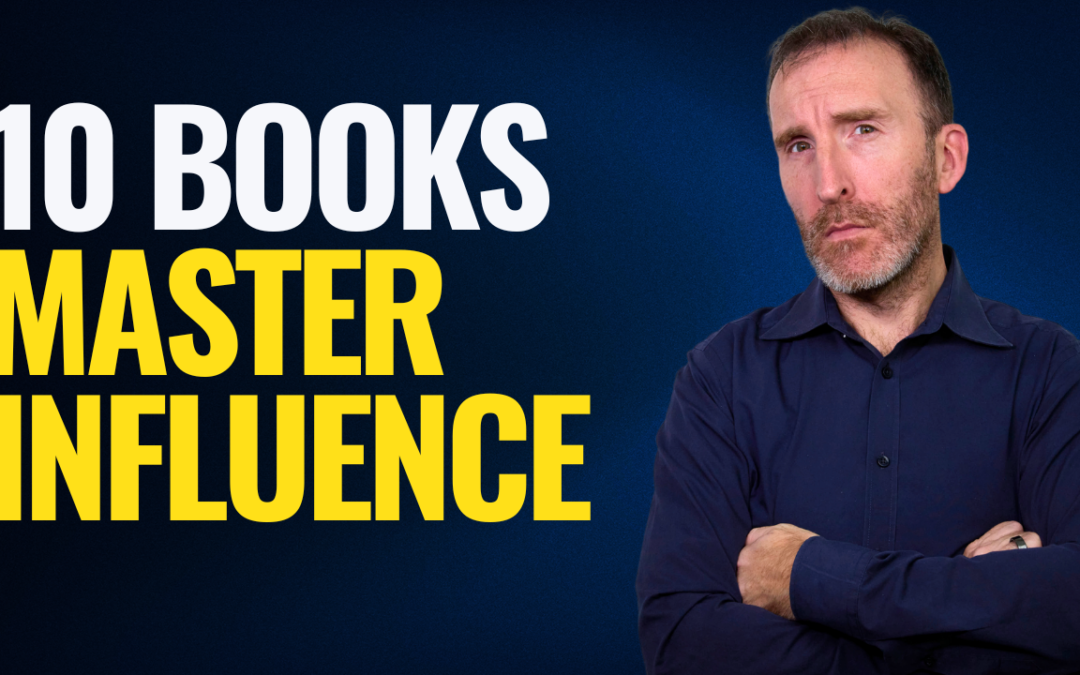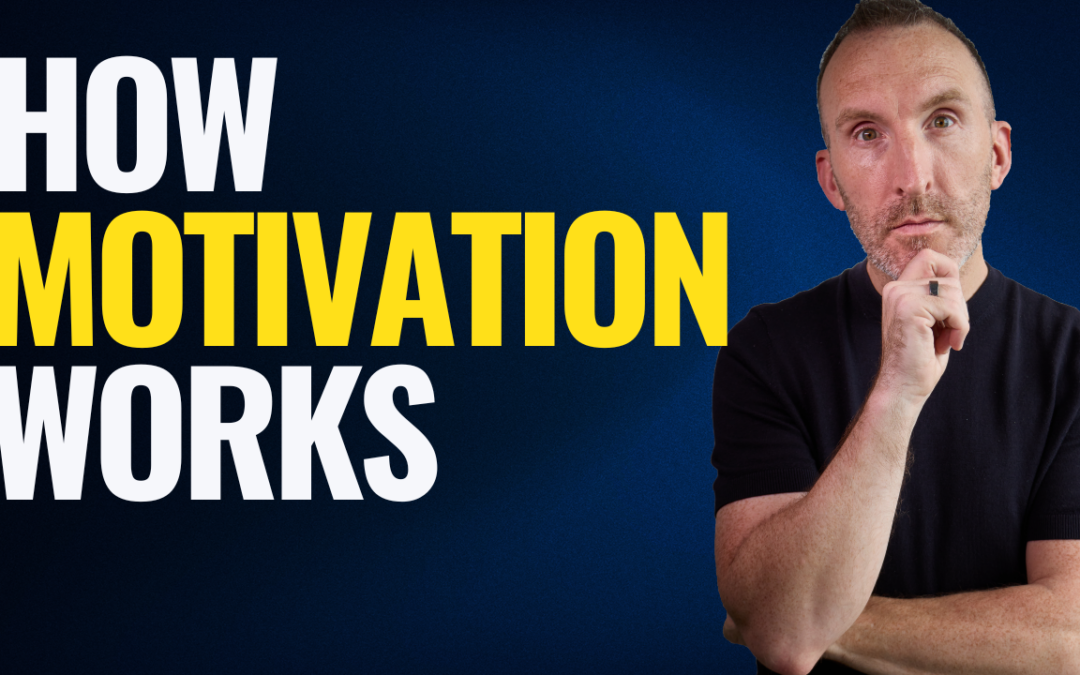Belief Effects
- Belief effects occur when specific knowledge or expectations alter our actual experience. This means that what we expect to happen can significantly impact what we actually feel or perceive.
- SCALED Framework: (Stories, Community, Actions, Logic, Emotional Reasoning, Drive) explains how beliefs are formed and how they influence our behaviors and experiences.
Understanding Mindset and the Brain
- The prefrontal cortex plays a significant role in how mindsets affect decision-making and experiences.
- Mindsets are not just thoughts; they shape how we interpret and react to life events.
Mindsets in Various Domains
- Food and Exercise: How perceptions can influence physical health, such as the study on hotel housekeepers and their exercise mindset and The Milkshake Study.
- Stress: Stress can be beneficial depending on how we perceive it. Stress-enhancing mindsets can lead to better outcomes.
- Placebo Effects: The placebo effect demonstrates how belief alone can have real physiological impacts.
The Growth Mindset
- Popularized by Professor Carol Dweck, a growth mindset is the belief that abilities and intelligence can be developed through effort and learning.
- Misconceptions: the false belief that simply being positive or putting in effort is enough. A true growth mindset involves embracing challenges, learning from failures, and continuously seeking improvement.
Cultures of Growth
- A culture of growth encourages constant learning and improvement, while a culture of genius focuses on proving intelligence.
- It’s not just about individual mindset; the environment we are in can significantly influence whether we adopt a growth or fixed mindset. A supportive, challenging, and feedback-rich environment fosters a culture of growth.
- Triggers that can cause a fixed mindset to emerge: being evaluated, receiving feedback, high-stakes situations, and witnessing others’ success. Recognizing these triggers can help maintain a growth-oriented perspective even in challenging circumstances.
Strategies to Build Better Mindsets
- Evaluate Existing Mindsets: The first step is to understand the mindsets you currently hold and the impact they have on your life. This involves examining your attitudes towards areas like food, exercise, stress, and learning.
- See Challenges as Opportunities: Reframe challenges as opportunities for growth rather than obstacles. This mindset shift encourages risk-taking and resilience.
- Celebrate Effort and Feedback: Emphasize the importance of effort and the value of constructive feedback. This approach nurtures a growth mindset by focusing on progress rather than innate ability.
- Reframe Stress: View stress as a beneficial force that prepares you for optimal performance. This mindset helps reduce the negative impact of stress and leverages it as a tool for success.
- Hunt for Feedback: Actively seek feedback as a means of improvement. This proactive approach turns feedback into a positive experience that fosters growth.
- Focus on Progress: Regularly assess and celebrate the progress you’ve made. This practice reinforces the belief that improvement is possible and motivates continued effort.
- Choose Empowering Mindsets: Deliberately choose mindsets that serve you well in different situations. For example, see healthy food as delicious and exercise as enjoyable to foster positive habits.
- Visualize Success: Use visualization techniques to create positive expectations and reinforce beneficial mindsets. Imagining successful outcomes can help make them a reality.
- Belief Growth Mindset: the concept of the belief growth mindset is the idea that you can improve your beliefs over time. This mindset allows you to challenge and update limiting beliefs, leading to more empowering perspectives
Podcast: Play in new window | Download







